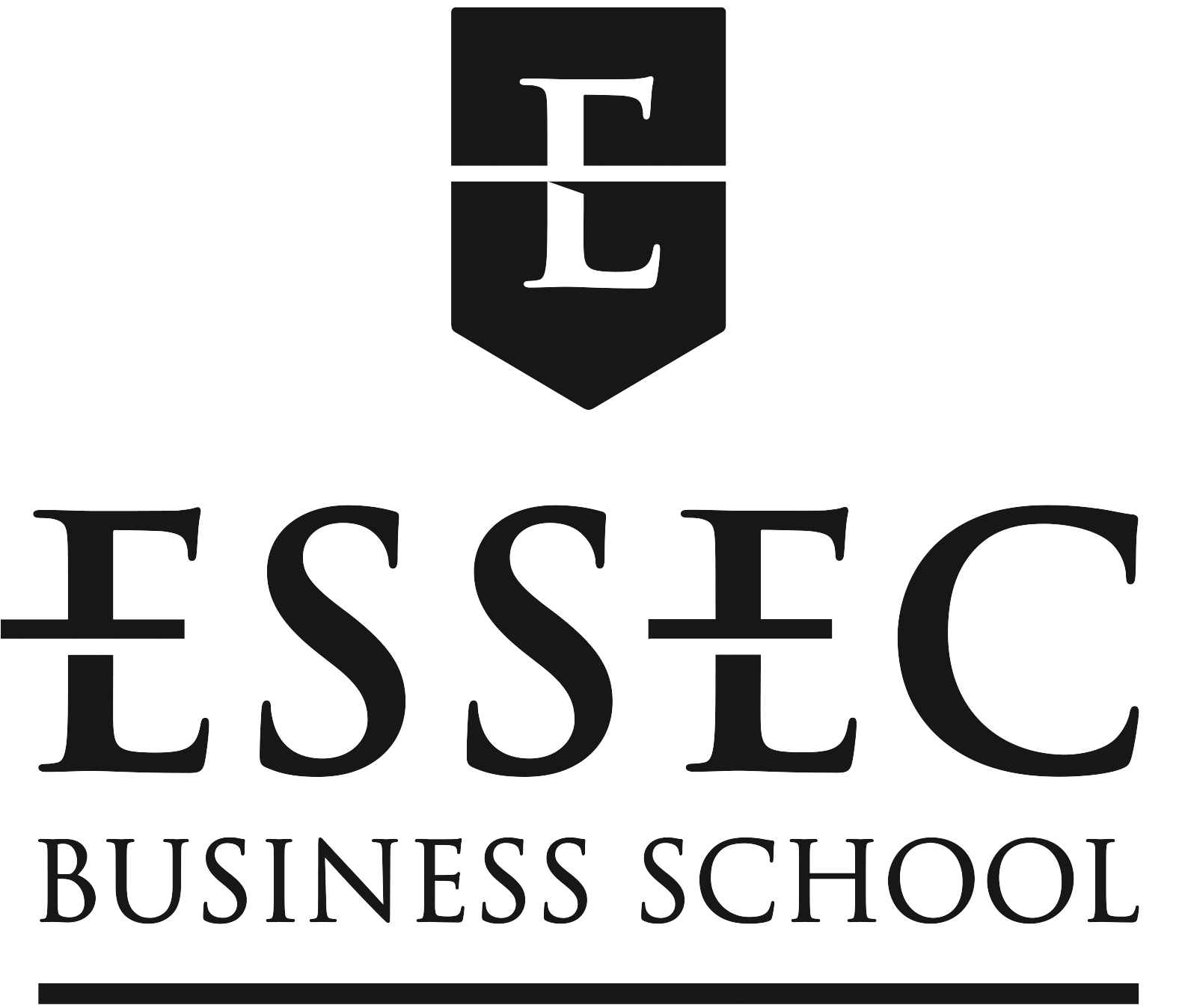Post-pandemic Singapore has overtaken Hong Kong on the Global Financial Centers Report to become a top financial center in Asia and third best in the world, ranked after New York and London.
In addition to how the country punches above its weight, Singapore hosts various global financial events, including but not limited to the Singapore FinTech Festival, Milken Institute Asia Summit, and the Forbes Global CEO conference.
In fact, according to the Monetary Authority of Singapore, the plan is to add as many as 20,000 finance jobs from 2021 to 2025, emphasizing areas like wealth management and sustainable financing.
For aspiring financial professionals keen on staying close to the heart of the action, the island state is the place to be to tap into a myriad of career opportunities. Here are some you can look out for:
Opportunities in Fintech
The global fintech sector is expected to reach US$300 billion by the end of 2022, bolstered by the evolution of AI, machine learning, and blockchain technology.
For those keen on this area of finance, it is worth noting that Singapore stands fourth in the world for Global Fintech Rankings and holds the top spot in the Asia-Pacific region.
The country enjoyed a total of US$3.9 billion worth of FinTech investments in 2021 and currently has a growing pool of over 1,000 fintech firms spanning banking, insurance, capital markets, payments, and green fintech, with expertise in AI, blockchain, cybersecurity, and more.
Growth of the fintech sector is to be expected as government initiatives are underway to help promise fintechs deepen their capabilities in AI and Web 3.0 and accelerate the digitalization of the bond and funds industry.
Coupled with the country’s geopolitical stability, clean regulatory environment, and robust digital infrastructure drawing fintechs from across the globe, there is no doubt that Singapore offers a wealth of different career opportunities in this area.
Opportunities in Green Finance
Another trend impacting economies across the globe is the growing emphasis on sustainability.
As environmental challenges like climate change, waste generation, and depletion of natural resources continue to spiral, businesses across sectors are beginning the transition to greener technology and business models.
This has led to the growth of green finance—with products ranging from green funds, sustainability-linked bonds, and green ETFs to green asset-backed securities and more.
As a leading financial hub, Singapore is stepping up work in this area, with plans for a SG$100 million fund over five years to support sustainability within the finance sector, focusing on green fintech, new sustainable financing solutions, and reinsurance.
Opportunities with Family Offices
Singapore is home to over 400 family offices and counting, including those set up by big names such as British inventor James Dyson, hedge fund operator Ray Dalio, Facebook co-founder Eduardo Savarin, and even Sergey Brin—the ninth richest person in the world with an estimated net worth of US$88.1 billion.
With half of the global family offices intending to increase their assets in the region and Singapore’s reputation for safety and a pro-business environment, it is safe to say that the number of family offices in the country is expected to increase, in turn, opening doors to roles in philanthropy, wealth management, asset management and more.
How a Master in Finance at ESSEC Asia-Pacific Support Students
Singapore’s status as a leading financial hub may offer a wealth of career opportunities for aspiring finance professionals, but to ride on the industry’s growth and propel one’s career to success also requires an understanding of Asia.
“The financial industry is fundamentally a service business—you provide financial service to clients. To do this, you must understand your clients, their culture, and even their language,” Peng Xu, Associate Academic Director of Master in Finance (MiF) at ESSEC Business School, Asia-Pacific shares.
This is where the MiF program at ESSEC Asia-Pacific can help.
Xu notes that studying in Asia demonstrates to employers that one is committed to understanding the region. In addition, the MiF program offers an abundance of industry talks and company visits, and students can network with finance professionals in Asia and learn more about their culture.
Coupled with the program’s industry-focused curriculum and specific tracks in Corporate Finance, Financial Markets, and Fintech and Analytics that offer the relevant hard skills, these factors ensure graduates enter the workforce equipped with the hard and soft skills needed to take on the finance world.
RELATED POSTS
How is Learning Different at ESSEC APAC: According to SMIB Students
ESSEC Master in Strategy & Management of International Business students weigh the differences between a master’s program and their undergraduate…
Building Global Citizens at the ESSEC GBBA Program
How the ESSEC Global BBA program ensures graduates have the cultural and social awareness to thrive in the global world.
Why Experienced Professionals Choose the MiF Program at ESSEC Asia-Pacific
Master in Finance students from the class of 2023-2024 share how the program offers them an advantage.
The Best of East and West: Three Reasons Why SMIB Students Choose ESSEC APAC
Master in Strategy and Management of International Business students share the rationale for studying in a French school in Singapore.
Why Global Talents Call Singapore Home
Learn how Singapore’s strategic location, economic strength, and cultural blend, along with its investment-friendly policies, have made it a central…
Why Study in Singapore at ESSEC APAC
Find out why Singapore attracts international students with its top-notch infrastructure, strategic location, and strong economy, making it an…







